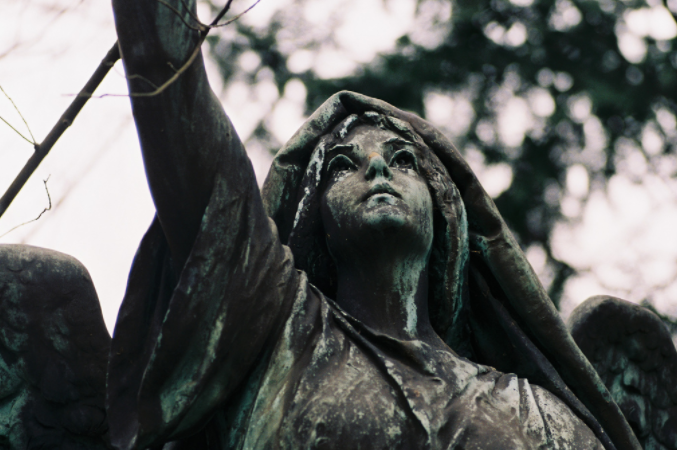Translated by ILAN STAVANS
Abrazable
A Piedad Bonnett
Irremplazable tú,
voz tú vacía
de mi vacío en ti
inconsolable.
Mi tú irremediable
tu mí espejo
de tu reflejo
en mí. Nada clavada
en tu silencio,
callada voz del sueño
desalmada
entre mi cuerpo
y el tuyo deshaciendo
este recuerdo
de mi abrazable tú,
voz tú que alientas
al ahuyentar el ángel
que nos dimos
cuando dijimos
lo que puede que nunca
nos haya sucedido.
Embraceable
To Piedad Bonnett
Irreplaceable you,
voice, your empty
of my inconsolable
emptiness in you.
My irremediable you,
you, my mirror
of your reflection
in me. Unforced
into your silence,
silent voice of heartless
dream
between my body
and yours, undoing
this memory
of my embraceable you,
you, voice that strengthens
while banishing the angel
we gave ourselves
when we said
what might never have
happened to us.
Juan Carlos Marset was born in Albacete, Spain, in 1963. He is editor-in-chief of the magazine Sibila, professor of aesthetics and theory of the arts at Universidad de Sevilla, and author of Puer profeta, Leyenda napolitana, Laberinto, and Días que serán, where “Abrazable/Embraceable” is included.
Ilan Stavans is publisher of Restless Books, Lewis-Sebring Professor in Latin American and Latino Culture at Amherst College, and author of On Borrowed Words, Dictionary Days, and Quixote. His latest books are I Love My Selfie (with ADÁL), Pablo Neruda: All the Odes, and a Spanglish translation of Antoine de Saint-Exupéry’s The Little Prince.




